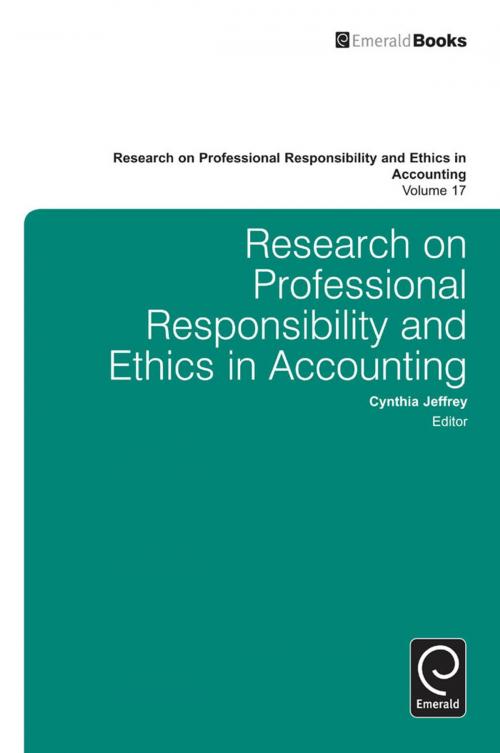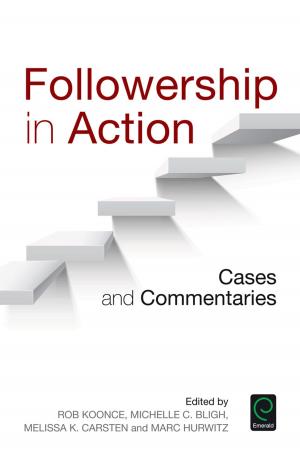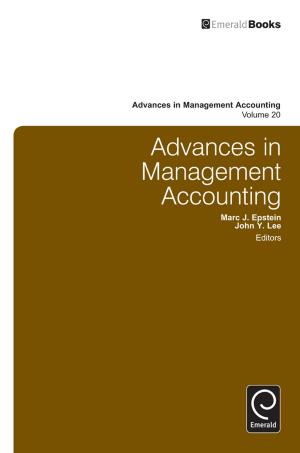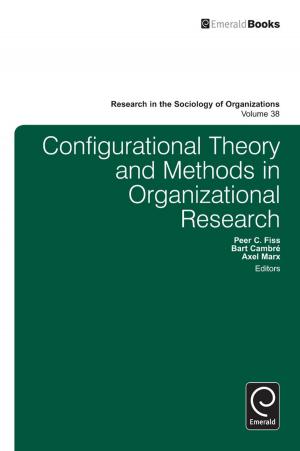Research on Professional Responsibility and Ethics in Accounting
Business & Finance, Business Reference, Business Ethics, Accounting| Author: | ISBN: | 9781781908457 | |
| Publisher: | Emerald Group Publishing Limited | Publication: | September 30, 2013 |
| Imprint: | Emerald Group Publishing Limited | Language: | English |
| Author: | |
| ISBN: | 9781781908457 |
| Publisher: | Emerald Group Publishing Limited |
| Publication: | September 30, 2013 |
| Imprint: | Emerald Group Publishing Limited |
| Language: | English |
Research on Professional Responsibility and Ethics in Accounting is devoted to publishing high-quality research and cases that focus on the professional responsibilities of accountants and how they deal with the ethical issues they face. The series features articles on a broad range of important and timely topics, including professionalism, social responsibility, corporate responsibility, ethical judgments, and accountability. The professional responsibilities of accountants are broad-based; they must serve clients and user groups whose needs, incentives, and goals may be in conflict. Further, accountants must interpret and apply codes of conduct, accounting and auditing principles, and securities regulations. Compliance with professional guidelines is judgment-based, and characteristics of the individual, the culture, and situation affect how these guidelines are interpreted and applied, as well as when they might be violated. Interactions between accountants, regulators, standard setters, and industries also have ethical components. Research into the nature of these interactions, resulting dilemmas, and how and why accountants resolve them is the focus of this journal.
Research on Professional Responsibility and Ethics in Accounting is devoted to publishing high-quality research and cases that focus on the professional responsibilities of accountants and how they deal with the ethical issues they face. The series features articles on a broad range of important and timely topics, including professionalism, social responsibility, corporate responsibility, ethical judgments, and accountability. The professional responsibilities of accountants are broad-based; they must serve clients and user groups whose needs, incentives, and goals may be in conflict. Further, accountants must interpret and apply codes of conduct, accounting and auditing principles, and securities regulations. Compliance with professional guidelines is judgment-based, and characteristics of the individual, the culture, and situation affect how these guidelines are interpreted and applied, as well as when they might be violated. Interactions between accountants, regulators, standard setters, and industries also have ethical components. Research into the nature of these interactions, resulting dilemmas, and how and why accountants resolve them is the focus of this journal.















